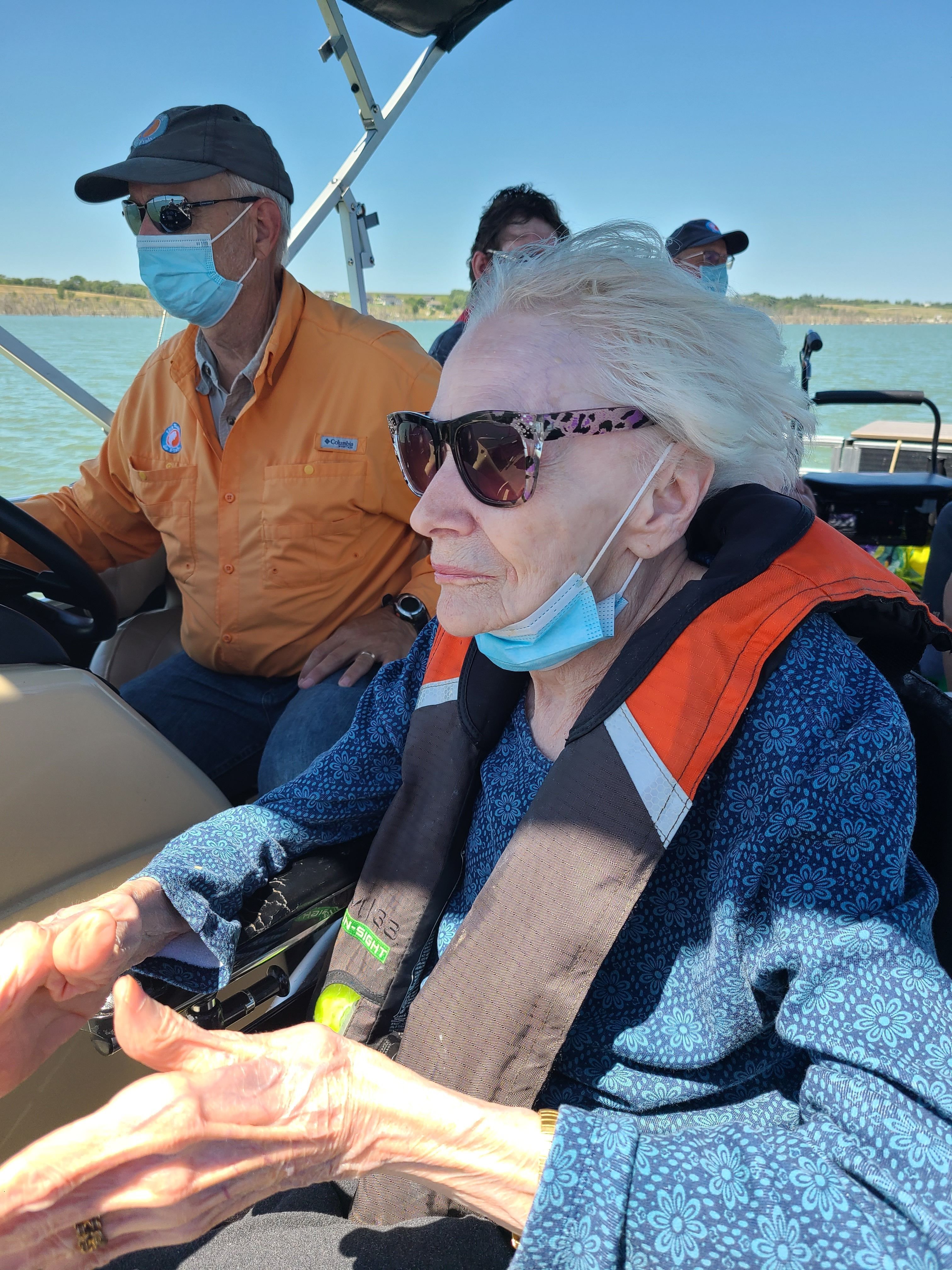
How to Spot a Scam Post on Facebook
There are a lot of scams on social media, as scammers try to get you to provide private information or at least click on their post. So, let’s break down how to spot a scam!
1. TANSTAAFL – There Ain’t No Such Thing As A Free Lunch. Yes, there are real giveaways out there, but always treat them with some skepticism. And ask, why do they want me to share/comment/enter? Even simply getting on a mailing list from a real company may not be a price you are willing to pay.
2. Typos and weird grammar – Official posts from major companies will have a ton of people doing checks before anything is shared on a public forum. Though occasionally things can get by, the spelling and capitalizations should be correct and consistent.
3. Use of close but not actual name. For example, they might use ‘Southwest Air’ when the company’s name is ‘Southwest Airlines’. No marketing department would mess up their own company’s name.
4. Check out the Facebook home page using the post. For example, if you go to the “Southwest Air” Facebook account, there are lots of red flags. There’s no check mark saying the site has been confirmed (be careful – this gets faked too). It’s a Community, not a Company. The ‘About’ page is blank. They have very few posts, and they are all similar and none are about the real company, and they have weird links to a lot of other sites.
5. Go to the real Facebook page for comparison. For example, type ‘Southwest Airlines’ to search. Their site has a checkmark, lots of information, real other posts, and no reference to the giveaway. Yes, sometimes a 3rd party may be handling a giveaway. But generally the real company will reference it somewhere. And that 3rd party will have links back to the real company. Yes, sometimes a 3rd party may give something away but in an unaffiliated way, for example, “Like our page to be entered”, but they will do so as themselves, not as the company of the product they are giving away.
What do you do if you spot a scam?
DO NOT SHARE, LIKE, OR COMMENT, even to say “This is a scam”. This performs the same actions as if you actually fell for it. Just report it to Facebook and block it. Do not touch that Like button even to give a thumbs down or frowning face.
Always be careful clicking on ANY link. On a PC, hover the mouse over it to see if it matches what is displayed on the screen or goes to where you want? If not, it’s probably false. On phones and tablets it’s a bit harder to do this, but there are ways to do it.
So why do they do this? Generally it’s to capture your name and your avatar picture. If your privacy isn’t right, then they will also go to your page and scrape off personal information. Depending upon what they can get, the scammers will either try to phish you with what they learn about you (at the minimum they know you want to travel!) or use whatever information they get to pretend to be you with others. And if those others are friends of yours, they could easily be fooled.
What should you do if you fell for this and either commented or shared one of these posts? Don’t freak out. Go ahead and do the reporting and the blocking as recommended. Just be aware that you might expect further attempts to scam you. Don’t be surprised if you hear from a friend asking if you’ve been “hacked”.
If you clicked on a link or shared personal information, be very vigilant and depending on what you shared, you may need to take actions such as changing passwords or reporting to your financial institution or law enforcement.
Every now and then check your Facebook ad preferences and privacy settings. Facebook is regularly updating what can be set.
Finally, if you’ve made it this far, you may be asking how Facebook even allows this. It’s a complicated issue - in general they simply can’t check every account or post without your help by reporting it. In a perfect world no one would be allowed to put out something factually inaccurate or intended for harm.


